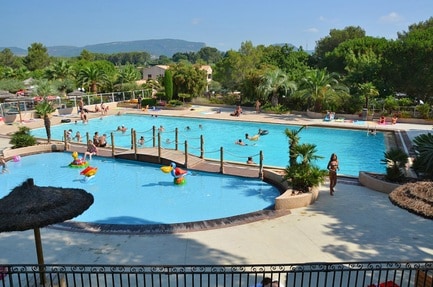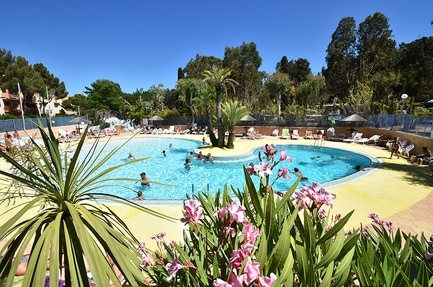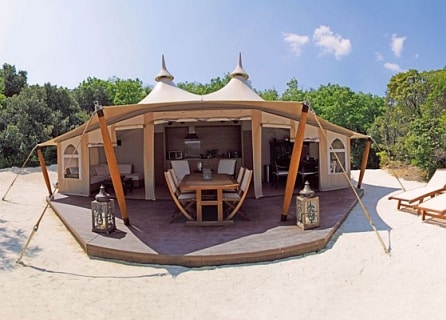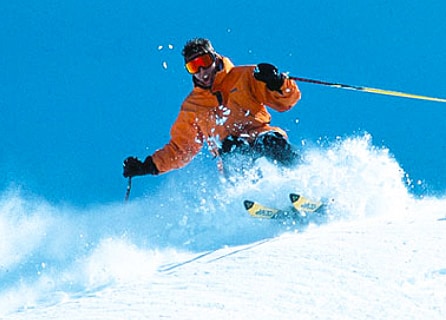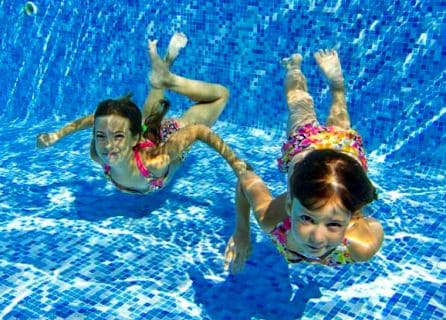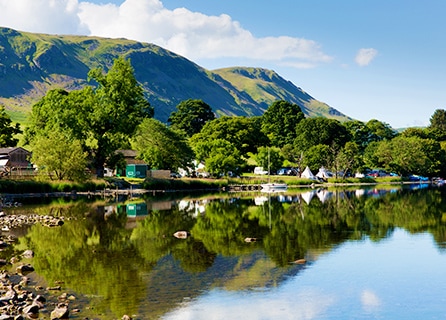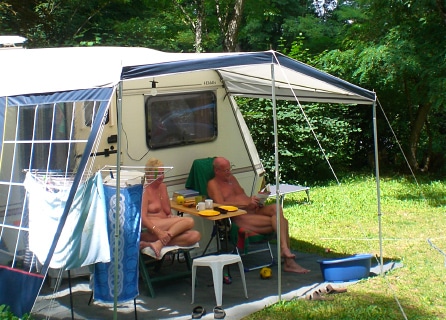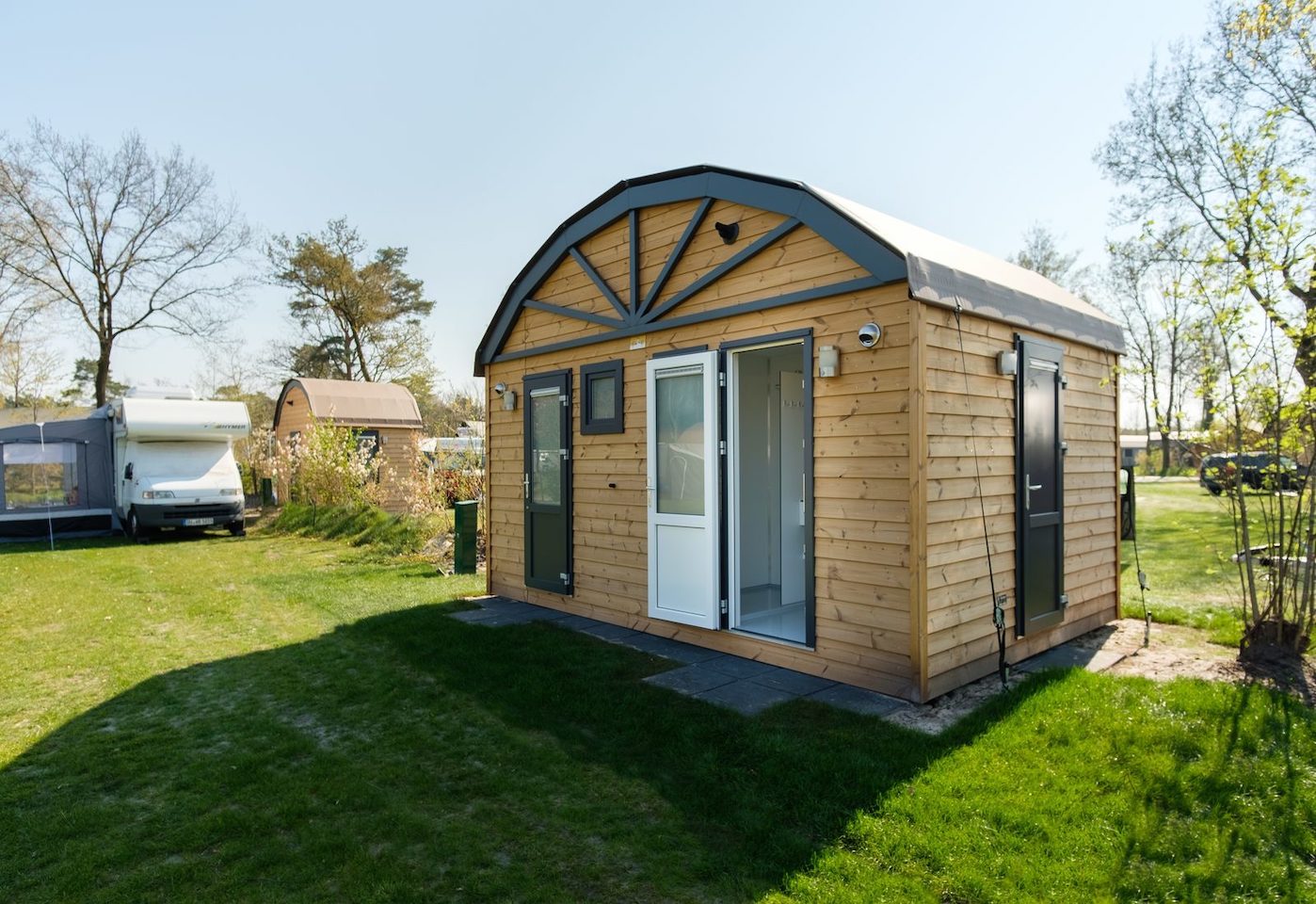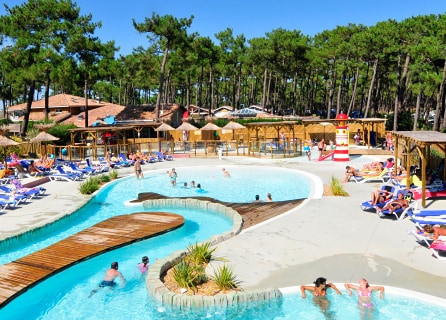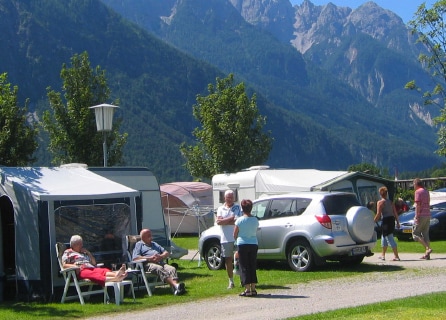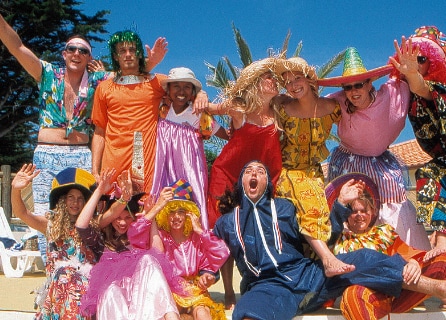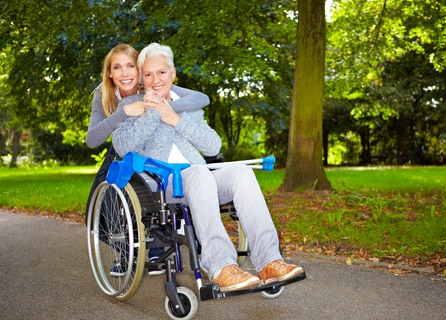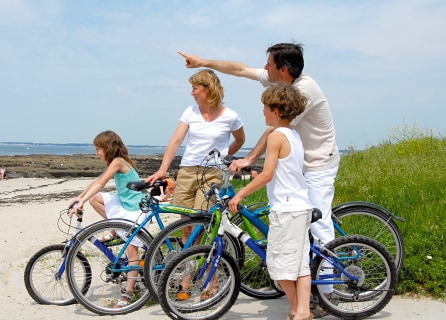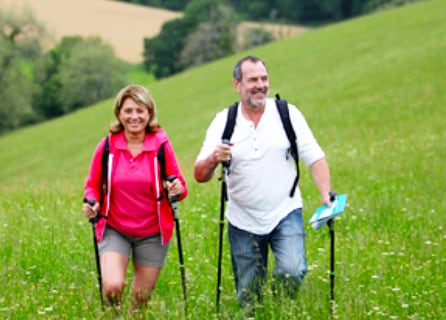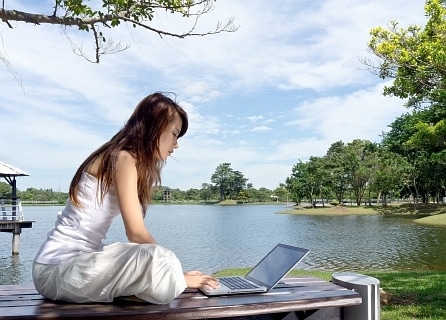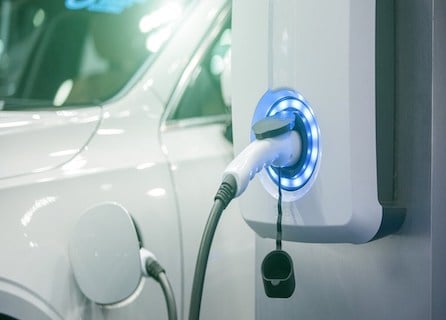
Popular campsites: France
Camping Leï Suves
France - Provence-Alpes-Côte d'Azur - Var - Roquebrune-sur-Argens
Camping Leï Suves is a beautiful terraced campsite in Roquebrune-sur-Argens, at only 15 km from the sandy beaches of the Côte d'Azur. You are staying...
Camping de la Baie
France - Provence-Alpes-Côte d'Azur - Var - Cavalaire-sur-Mer
Cavalaire-sur-Mer is a Mediterranean coastal resort with some 5000 inhabitants. Central in this picturesque spot lies Camping de La Baie. This campsite is surrounded by...
Camping Les Sablons
France - Languedoc-Roussillon - Hérault - Portiragnes
Camping Les Sablons is located on the beach of the Mediterranean and by a lagoon near the town of Portiragnes-Plage (Languedoc-Roussillon). It is a very...
Camping La Baume/La Palmeraie
France - Provence-Alpes-Côte d'Azur - Var - Fréjus
Campsite La Baume/La Palmeraie is situated in a natural landscape only a few km from the Mediterranean. It is a holiday park consisting of two...
Camping Cala Gogo
France - Languedoc-Roussillon - Pyrénées-Orientales - Saint-Cyprien-Plage
Water rats are in their element on Camping Cala Gogo. With a water park of 600 m2 and a private beach access to the Mediterranean...
Esterel Caravaning
France - Provence-Alpes-Côte d'Azur - Var - Agay
The lovely family campsite Esterel Caravaning is located on the Côte d’Azur. The swimming pools, slides, sports facilities, wellness amenities and extensive entertainment mean you...





